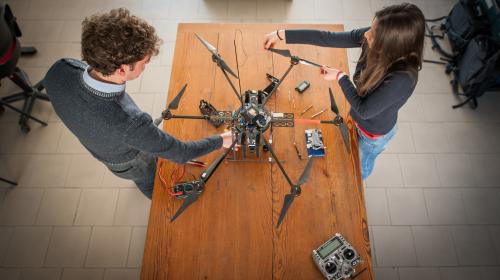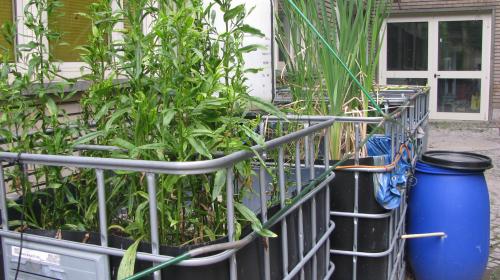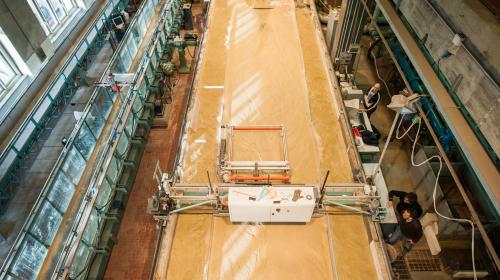Programme overview

The PhD in Environmental and Civil Engineering (ICA) is part of the research and study programme offered by two Departments: DISEG (Department of Structural, Geotechnical and Building Engineering) and DIATI (Department of Environment, Land and Infrastructure Engineering).
The ICA PhD programme covers research topics in classic and frontier areas of both Environmental and Civil engineering, through an engineering and quantitative approach. This approach makes use of theoretical, mathematical and numerical modelling and of experimental methods, carried out both in the field and in high-level laboratories. The ICA PhD programme focuses on:
-
training highly qualified and internationally recognised researchers in scientific and technological subjects in the environmental and civil sector;
-
developing specialised technical expertise in a highly multidisciplinary environment and a solid, broader spectrum knowledge in the civil and environmental scope;
-
providing the essential tools to carry out future activities both in the field of scientific research, whether theoretical or experimental, and in the field of technology, to work in the production and economic sector;
-
shaping the figures who will play a key role in scientific innovation, in universities, in industries or in research institutions, figures who will be able to manage any type of activity, independently or in a group setting, and to appropriately communicate their ideas and initiatives both in English and in Italian.
The programme has a highly multidisciplinary and multi-sectoral structure, and it is organized based on the following disciplinary groups:
-
GEOENGINEERING
-
HYDRAULICS, HYDROLOGY AND HYDRAULIC CONSTRUCTIONS
-
GEOTECHNICS
-
INFRASTRUCTURE, TRANSPORT and CONSTRUCTION
-
ENVIRONMENTAL PROTECTION
-
STRUCTURAL MECHANICS
-
MECHANICS OF MATERIALS
-
CONSTRUCTION ENGINEERING
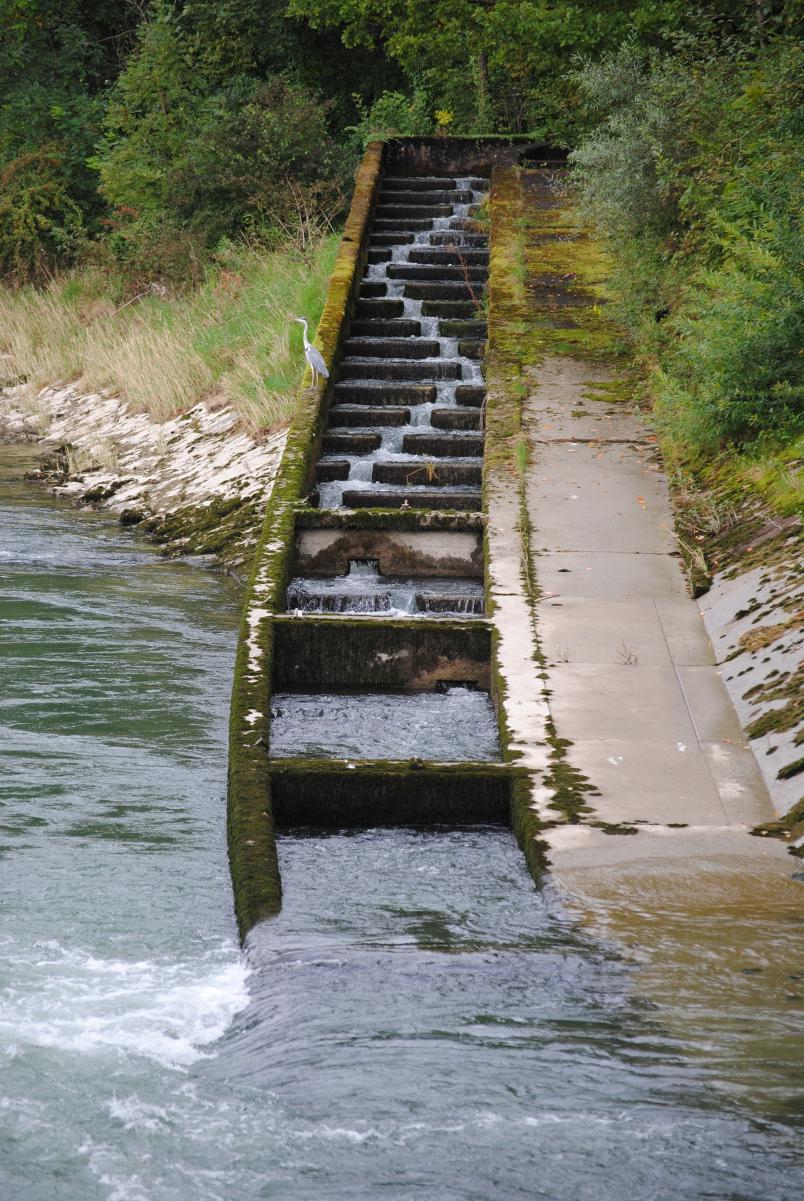
These disciplinary groupings are not to be perceived as disciplinary barriers; they are in fact opportunities to create a wide and highly interconnected PhD course among various research areas. In the multiple disciplines present in the ICA PhD programme, a student can always find support and the chance to extend his/her research beyond the boundaries of his/her disciplinary area.
The programme consists of two essentials elements: training and research.
Both these aspects aim to stimulate intellectual growth and to develop the ability to comprehend problems and to critically analyse solutions related to the research, basic or applied, in the civil and environmental field.
The training consists of a set of level III courses tailored according to the requirements of each student, who may select those he/she prefers in agreement with his/her tutor(s). Training includes typical civil and environmental disciplines, to fill any cultural gaps, and it also involves cross-cutting disciplines, so that PhD students can have a complete scientific preparation.
Level III courses allow PhD candidates to strengthen their technical expertise, to be exposed to the activities of other research groups, to develop soft skills, and to interact with other students.
The research carried out during the PhD must be innovative, concerning civil and environmental issues. The research activities and objectives are defined with the tutor(s) at the time of enrolment, so that the student can focus on a specific objective to reach in the three-year span expected by the PhD programme. The research activity provides the students with the right mindset and methodology to deal with innovation. In addition to being guided by their tutor(s) in this activity, doctoral students can engage with the different expertise present in the PhD Academic Board.
PhD students must document the activities carried out and the results obtained during their research, both in their thesis and in articles published in scientific journals or presented during international conferences. The ultimate purpose of any the research activity is, indeed, to allow members of the scientific community to benefit from the results obtained. In this regard, the publication of results in international journals and in prominent conferences represents a pivotal task of the programme. Publications in scientific journals increase the impact and the visibility of one's work; furthermore, they stimulate the reputation growth of the individual and of the research group. Each ICA PhD candidate contributes on average to more than three journal publications within the doctoral programme.
In addition to training and research, candidates are involved in networking activities to develop a network of contacts and to learn to share their knowledge, a fundamental step towards professional and scientific growth. Therefore, candidates are encouraged to collaborate with each other and with professors not only from their own research group or department, but also within the international scientific community. To promote these dynamics, the students are encouraged to spend a period of time in other institution (academic or private) and to speak during national and international conferences.
Usually, during the first year, candidates complete and perfect their basic training and, at the same time, start outlining their research topic. The second year is designated to research activities and conferences with peers. The third year is devoted to the completion of research activities and to the final elaboration of the thesis.
Usually, between the second and third year, students have the chance to conduct part of their research activities abroad in prestigious universities or research institutes to carry out studies related to the development of their thesis. It is possible to benefit from co-tutorial fellowships with foreign universities. Some of the ICA fellowships are funded by public institutions and private companies which invest in dedicated research programmes. These resources are made available by supervisors and research groups. Several fellowships are annually funded by external organizations.
The ICA PhD Academic Board includes approximately sixty professors and researchers from DISEG and DIATI. The members of the Board are nationally and internationally renowned in their respective scientific communities. Thanks to this, the ICA PhD is on the high end of the national university landscape and is characterized by several strong points:
-
professors who have won national and international peer-reviewed research projects (PRIN, FIRB, Horizon, etc.);
-
a high number of professors with bibliometric indicators above the medians of their scientific area of expertise;
-
a tradition of numerous and ongoing relationships and collaborations with illustrious foreign universities.
The presence of numerous laboratories of great scientific value, some of which are prominent in the Italian university system, guarantees levels of training and research possibilities that can hardly be found in other Italian and foreign universities.
Examples of research activities conducted by PhD students in Civil and Environmental Engineering are available in poster form on the students’ webpage of the last cycles.
-
Type of programme:
PhD programme -
Department:
-
Coordinator:
-
Vice coordinator:
-
Admissions:
Open, through competitive selection
- Immagine
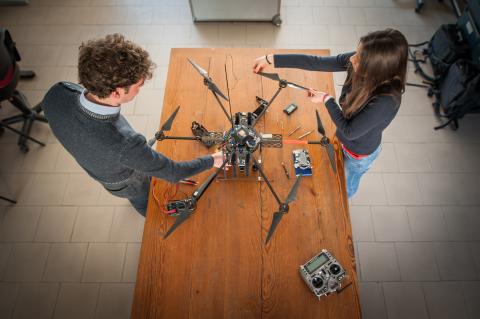 NomeLaboratorio di Geomatica
NomeLaboratorio di Geomatica - Immagine
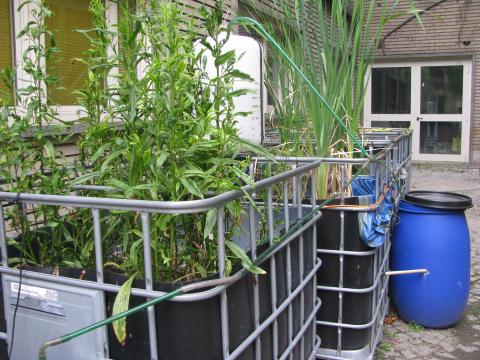 NomeImpianto di fitodepurazione del Laboratorio di Ecologia
NomeImpianto di fitodepurazione del Laboratorio di Ecologia - Immagine
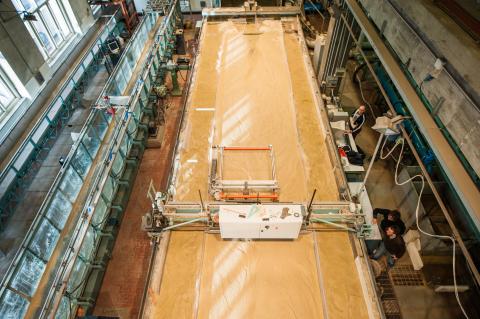 NomeLaboratorio di Idraulica
NomeLaboratorio di Idraulica - ImmagineNomeLaboratorio ricerche idrogeologiche
